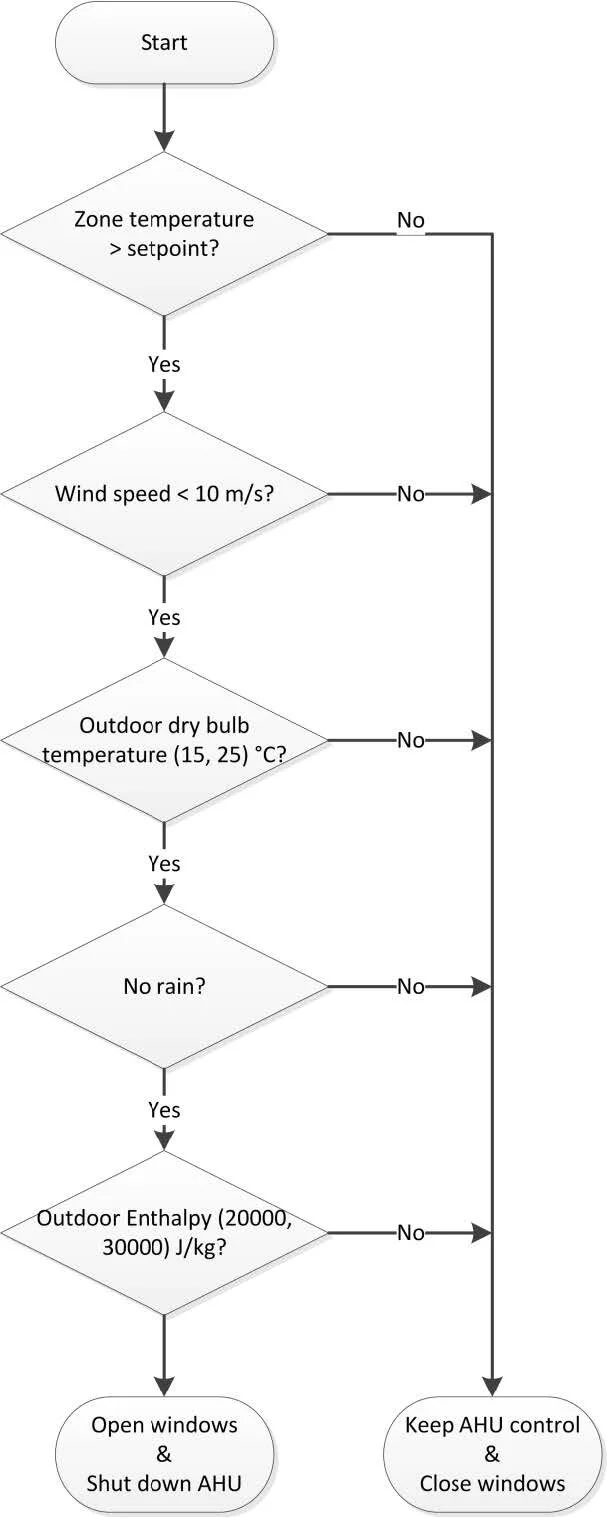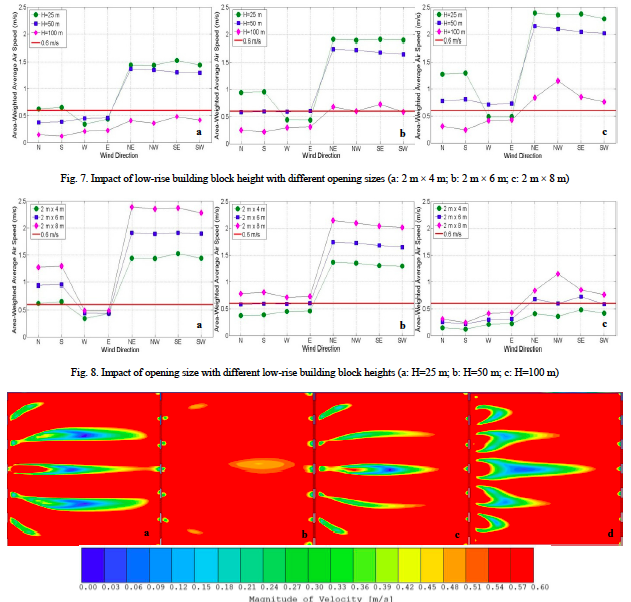Building Performance Simulation and Operations
developing dynamic lifecycle PERFORMANCE SIMULATIONS
Summary
The Center for Building Performance and Diagnostics (CBPD) has been developing a dynamic lifecycle building information model (DLC-BIM) focused on Total Building Performance to ensure best practices in sustainable and green architecture.
The DLC-BIM envisioned as part of the evolutionary process of innovation is to support multi-disciplinary and concurrent multi-domain building related design and operational decision making. The model structure is primarily based on the Industry Foundation Class (IFC) schema that will capture: (1) “static” building information generated during the design and construction process and shared among the design architects and engineers, particularly to support building performance predictions using various building simulation tools (e.g., energy, CFD, lighting, acoustics, etc.), benchmark evaluations (e.g., LEED), and advanced design optimization; (2) “dynamic” (operational) building information generated from large-scale occupancy detection and environmental sensing network for on-going commissioning, whole building performance monitoring, and advanced adaptive controls based on occupant behavioral studies.
Specific applications include Occupancy Behavior-based Predicted HVAC Control; Passive, Active and Hybrid HVAC and Controls; Dynamic 3-D Architectural Model and Sensor Information Visualization; Representing and Evaluating Performance Metrics; and Embodied Energy and Carbon Content in Primary Building Materials.
Selected publications and reports
Springer Chapter on Simulation
Earthquake School Rebuilding Green Design in China
Window opening control logic, by Jie Zhao (BPD 2015)
Design Build Operate Energy Information Modeling for Occupant oriented Predictive Building Control
Illustration of air speed contours using coupled natural ventilation modeling for contextual parametric design decision support, by Chao Ding (2017)
Example PhD Thesis
Chao Ding (PhD-BPD, 2017)
Urban-scale Computational Fluid Dynamics (CFD) Modeling and Natural Ventilation Prediction Model Based on Coupled Indoor and Outdoor Interactions (CIOI)
(Khee Poh Lam • Ramesh Krishnamurti • Kenji Shimada, MechE, Biomedical Eng • Nyuk Hien Wong, Design and Environment, National University of Singapore)



